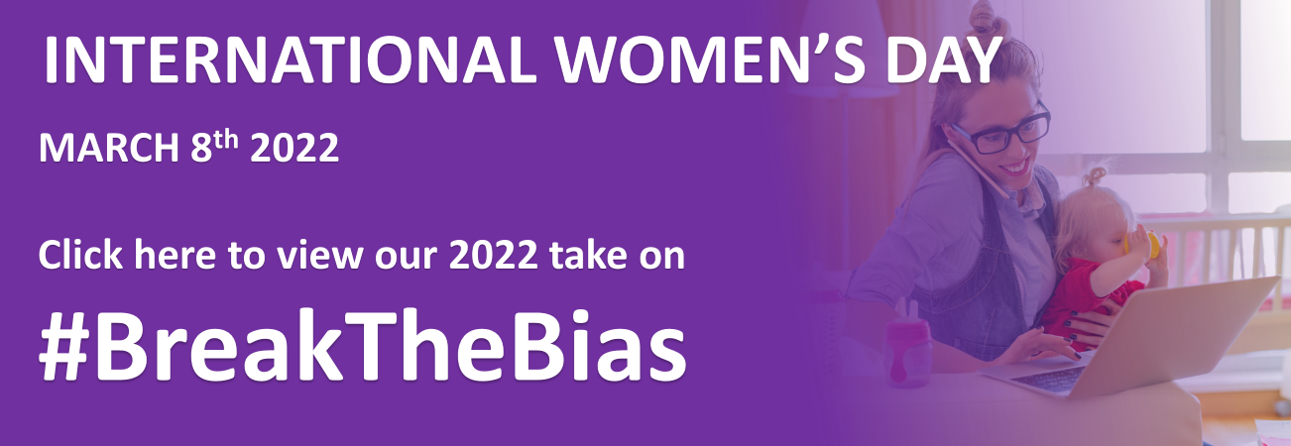Alon, T., Doepke, M., Olmstead-Rumsey, J., & Tertilt, M. (2020). The impact of COVID-19 on gender equality (No. w26947). National Bureau of economic research.
Chauhan, P. (2021). Gendering COVID-19: Impact of the pandemic on women’s burden of unpaid work in India. Gender Issues, 38(4), 395-419.
Eurofound (2020), Living, working and COVID-19, COVID-19 series, Publications Office of the European Union.
Langer, A., Meleis, A., Knaul, F. M., Atun, R., Aran, M., Arreola-Ornelas, H., … & Frenk, J. (2015). Women and health: the key for sustainable development. The Lancet, 386(9999), 1165-1210.
Mascherini, M. & Nivakoski, S. (2021). Gender Differences in the Impact of the COVID-19 Pandemic on Employment, Unpaid Work and Well-Being in the EU. Intereconomics, 56(5), 254-260.
Pettigrew, R. N. (2021). An Untenable Workload: COVID-19 and the Disproportionate Impact on Women’s Work-Family Demands. Journal of Family & Consumer Sciences, 113(4), 8-15.
Power, K. (2020). The COVID-19 pandemic has increased the care burden of women and families. Sustainability: Science, Practice and Policy, 16(1), 67-73.
UN Women. (2020). Progress of the world’s women 2019-2020: Families in a Changing World. Chapter 5. Caring families, caring societies. 140-73.


